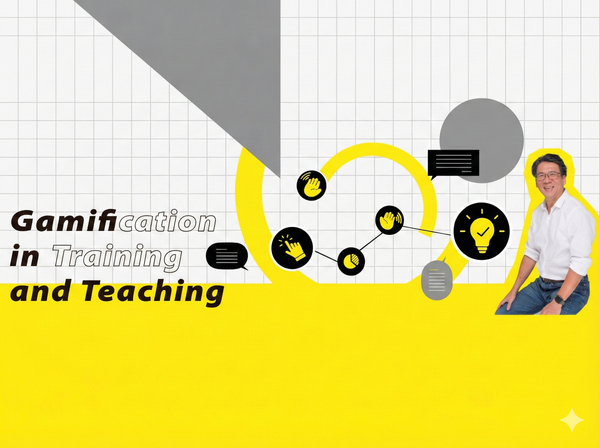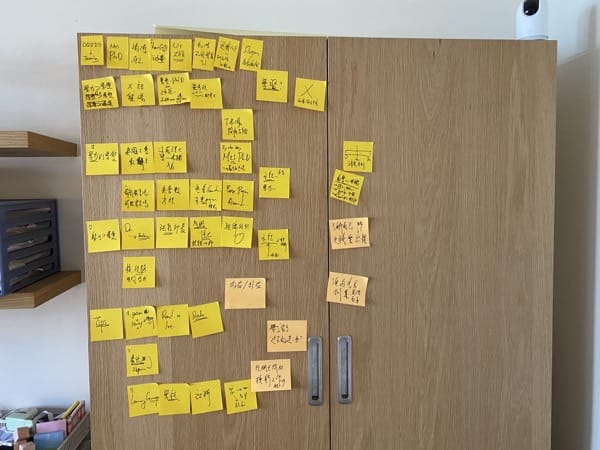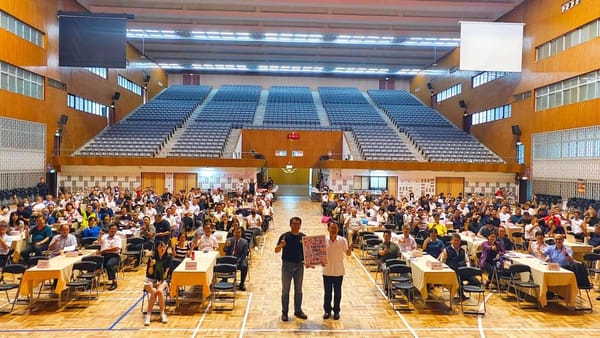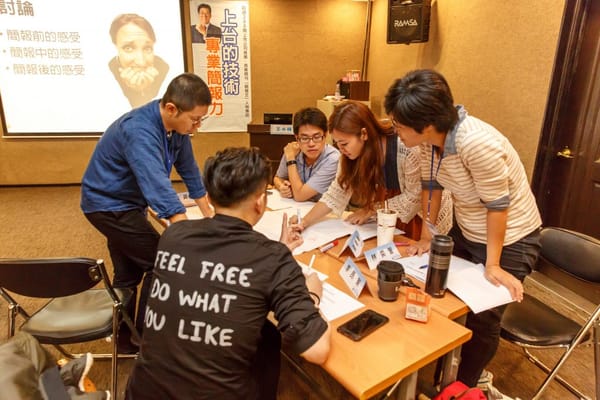Techniques of Teaching: The Strategic Approach to Starting Class
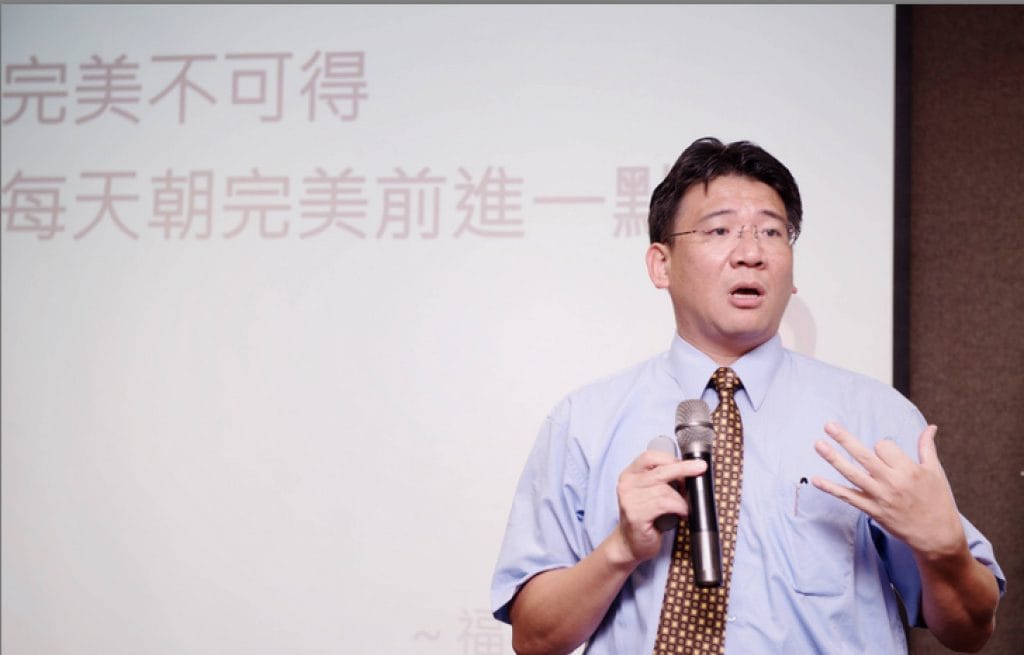
Should a class start exactly on time, even if attendance is low? This is a dilemma many trainers and educators face. While punctuality is a professional expectation, effective teaching requires a flexible approach. Let's explore the best strategy for starting class under different circumstances.
Having worked as a professional trainer accumulating thousands of hours of instruction at major corporations, I've observed that teaching techniques can be deliberately planned and practiced. Though natural talent certainly plays a role, exceptional instruction relies more heavily on technique. The approaches I share represent expertise developed over years in professional training environments where instructional effectiveness directly impacts business outcomes.
Question: "When a class scheduled for 9:00 AM has less than 30% attendance at start time, should you begin on time anyway?"
Answer:
There are two key considerations when deciding whether to start on time: professional punctuality and instructional effectiveness. While punctuality builds credibility, instructional effectiveness ensures real learning outcomes. How do we balance the two?
Professional Punctuality
As an instructor, punctuality means arriving at the venue at least 20 minutes before class begins. Early arrival is essential for professional trainers for several reasons:
- Facilities and equipment often require adjustments
- Technology connections may need configuration
- Materials and teaching aids must be arranged properly
- Pre-class discussions with organizers or HR may be necessary
A 9:00 AM class means being fully prepared to begin at 9:00 AM, not arriving at that time. This represents punctuality from the instructor's perspective.
In my career, I've only been late once due to an unexpected travel mishap. However, one key lesson I've learned is that while trainers must always be punctual, starting the session at the right time—rather than strictly on time—is crucial for engagement and effectiveness.
Instructional Effectiveness
Consider what happens when starting precisely at 9:00 AM while participants are still trickling into the classroom:
- Your critical opening remarks are repeatedly interrupted
- Late arrivals create distractions for those already present
- Seating arrangements may need adjustment during your introduction
- Most importantly, in corporate training, the opening establishes credibility and explains the format and ground rules—yet potentially half the participants miss this crucial information
Studies on adult learning suggest that engagement significantly improves when most participants are present from the start. Based on experience, waiting until approximately 80% of the attendees have arrived—usually within 10-15 minutes—leads to better retention and interaction.
If HR insists on starting on time, a professional response would be: "To maximize engagement and ensure all participants receive key information, I recommend waiting until 80% of the attendees have arrived." This helps set expectations while maintaining instructional integrity.
Strategic Approaches for Managing the Start Time
Here are three essential strategies to implement:
1. Communicate the actual start time. Have the organizer announce when the session will formally begin. This allows punctual attendees to network or prepare rather than sitting idly, reducing potential frustration about the delay.
2. Don't penalize punctual participants. Avoid comments about absent participants or making tardiness a topic of discussion. The only people hearing these remarks are those who arrived on time, which can create unnecessary tension. Simply set a revised start time and begin your session normally when you reach appropriate attendance.
3. Position yourself strategically during the waiting period. Strategic positioning before class starts can influence engagement. Should the trainer wait at the podium, at the back, or outside the room? I'll explore the impact of these choices in a future discussion.
While the 80% attendance guideline works for most situations, exceptional circumstances may require adjustments. Weather events, technical difficulties, or other unforeseen challenges might necessitate further flexibility. The key is maintaining a focus on instructional effectiveness rather than rigid adherence to the clock.
Final Thoughts
Presentation skills aren't equivalent to teaching skills, and teaching skills don't rely solely on presentation techniques. Effective instruction requires strategic decision-making about every aspect of the learning environment—including when to begin.
Would you like to see more strategies on effective teaching? Share your thoughts, and I'll explore additional techniques in future articles. Meanwhile, try implementing the 80% rule in your next session and observe its impact. Let's continue refining our teaching methods together!
Dr. Jeff Wang has implemented professional teaching techniques in corporate training for major organizations worldwide. He is the author of "Techniques of Teaching," "Work-Life Balance Techniques," and "Presentation Skills." He also offers "Techniques of Teaching Online Course" for educators looking to enhance their instructional effectiveness.

